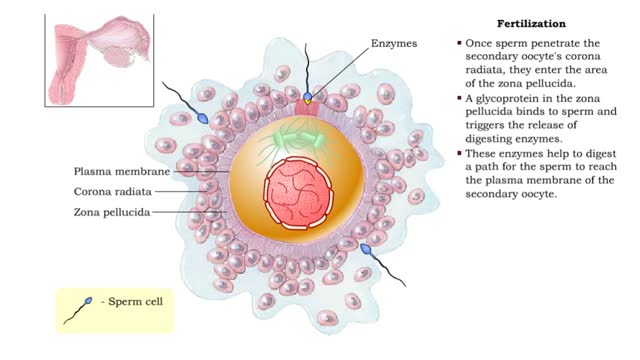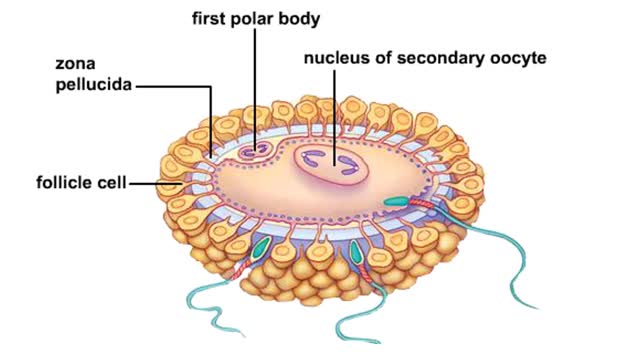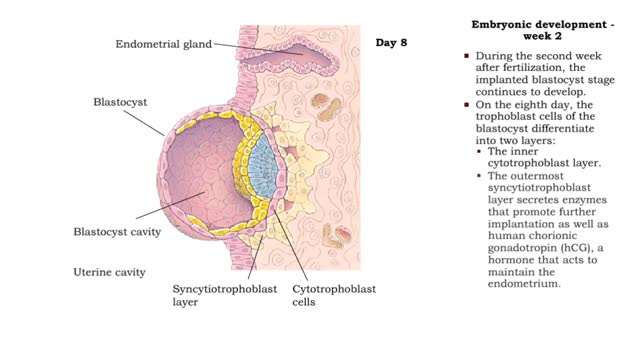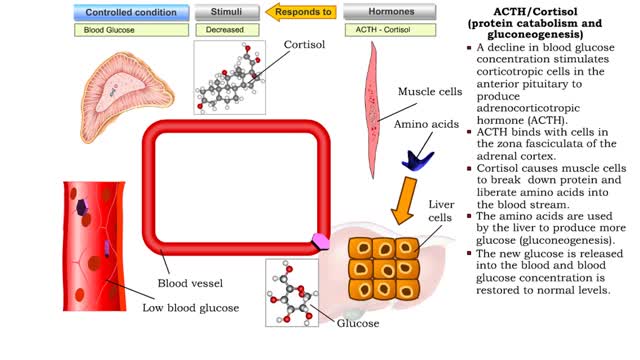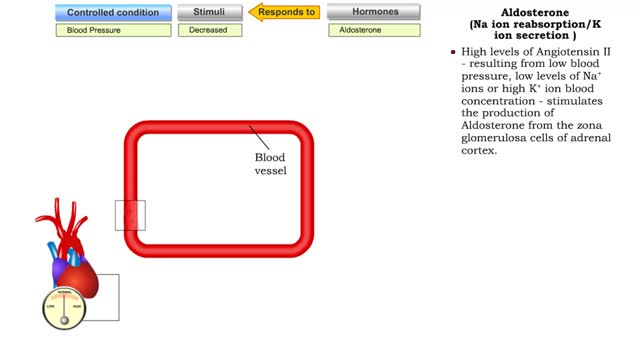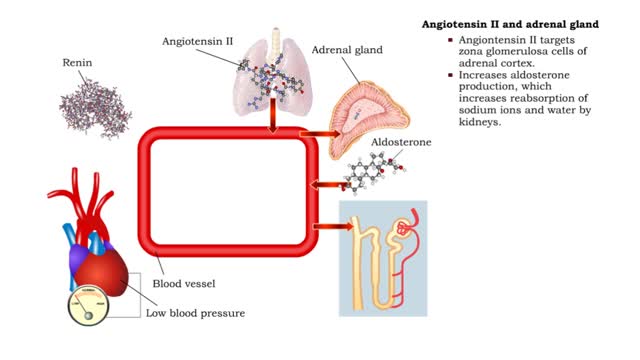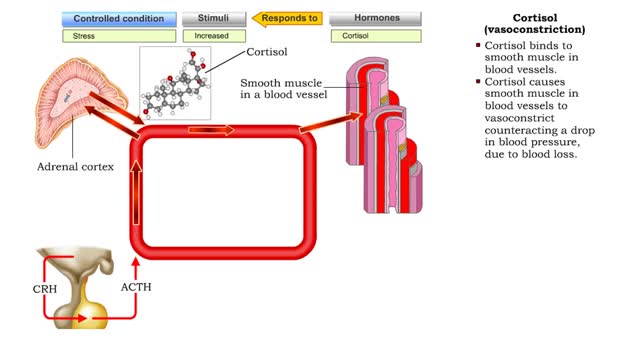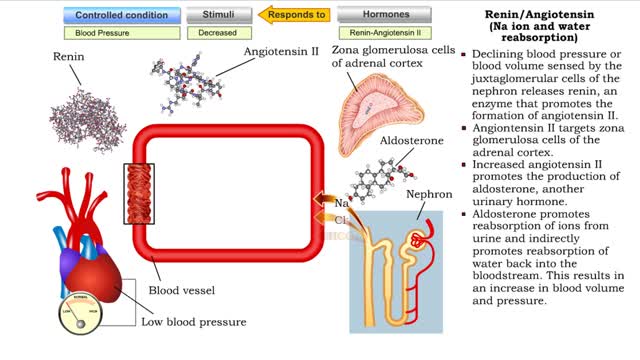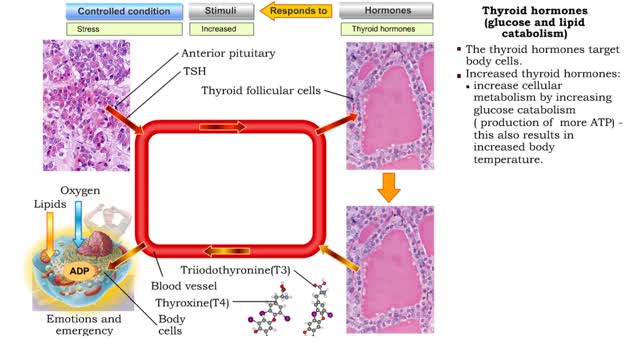Search Results
Results for: 'zona pellucida'
By: HWC, Views: 12102
• Fertilization is the process by which the two gametes from the parents fuse their genetic material to form a new individual (zygote). • Fertilization requires that sperm cells swimming through the uterine tube contact a secondary oocyte. • Once sperm penetrate the secondary oocyte's ...
Rh blood type and complications during pregnancy & Fertilization
By: HWC, Views: 9208
Complications can arise if an Rh- woman is impregnated by an Rh+ man. The fetus maybe Rh+. During childbirth, some of the fetal Rh+ cells may leak into the maternal bloodstream. The woman's immune system views the Rh+ as foreign and makes antibodies against it. If the woman becomes pr...
Embryonic development - week 1 and 2
By: HWC, Views: 11743
The first through eighth weeks after fertilization are called the embryonic. Week 1 • Within a day, the zygote begins mitotic cell division (cleavage) forming blastomeres. By the 4th day, the blastomeres have formed a solid ball called a morula. • The morula enters uterine cavity ar...
ACTH/Cortisol (glycogenolysis, protein catabolism, lipolysis and gluconeogenesis)
By: HWC, Views: 11629
• A decline in blood glucose concentration stimulates corticotropic cells in the anterior pituitary to produce adrenocorticotropic hormone (ACTH). • ACTH binds with cells in the zona fasciculata of the adrenal cortex. • Increased ACTH promotes the production of cortisol, the major gluco...
Atrial natriuretic peptide (vasodilation) & Aldosterone
By: HWC, Views: 11455
• Certain situations will cause the body's stress level to rise. • increased blood pressure will stretch the atria of the heart, stimulating the secretion of atria natriuretic peptide (MP). • ANP causes muscle cells in blood vessels to relax. • Blood pressure is lowered as a result ...
Angiotensin II - kidneys, adrenal glands and dehydration
By: HWC, Views: 11782
• Angiontensin II targets cells in the proximal convoluted tubule of the nephron. ■ The reabsorption of Na+ and Cl- ions sets up an osmotic gradient favoring the retention of water. • Decreases urine production and increases blood volume and pressure. • Angiontensin II targets zon...
Cortisol (protein catabolism, gluconeogenesis, vasoconstriction & anti-inflammation)
By: HWC, Views: 11401
• Stressors stimulate production of hypothalamic releasing hormones, corticotropin releasing hormone, hormone (CRH) and adrenocorticotropic hormone (ACTH) stimulate. • These hormones promote increased production of 1 cortisol from the zona fasciculata cells of the adrenal cortex. • Cort...
Renin/Angiotensin (water gain from urine & Na ion and water reabsorption)
By: HWC, Views: 11681
• Sensing declining blood pressure or blood volume, juxtaglomerular cells of the nephron release renin, an enzyme that promotes the formation of angiotensin II. • Angiotensin II targets smooth muscle cells in blood vessels that provide blood to the nephron. • Angiotensin II causes thes...
hGH, Thyroid hormones & Aldosterone
By: HWC, Views: 11838
Glycogenolysis and lipolysis • Stressors stimulate production of a hypothalamic releasing hormone (GHRH). • The releasing hormone stimulates somatotroph cells of anterior pituitary to secrete human growth hormone. • Human growth hormone targets liver cells and fat cells. hGH (glycog...
Advertisement



